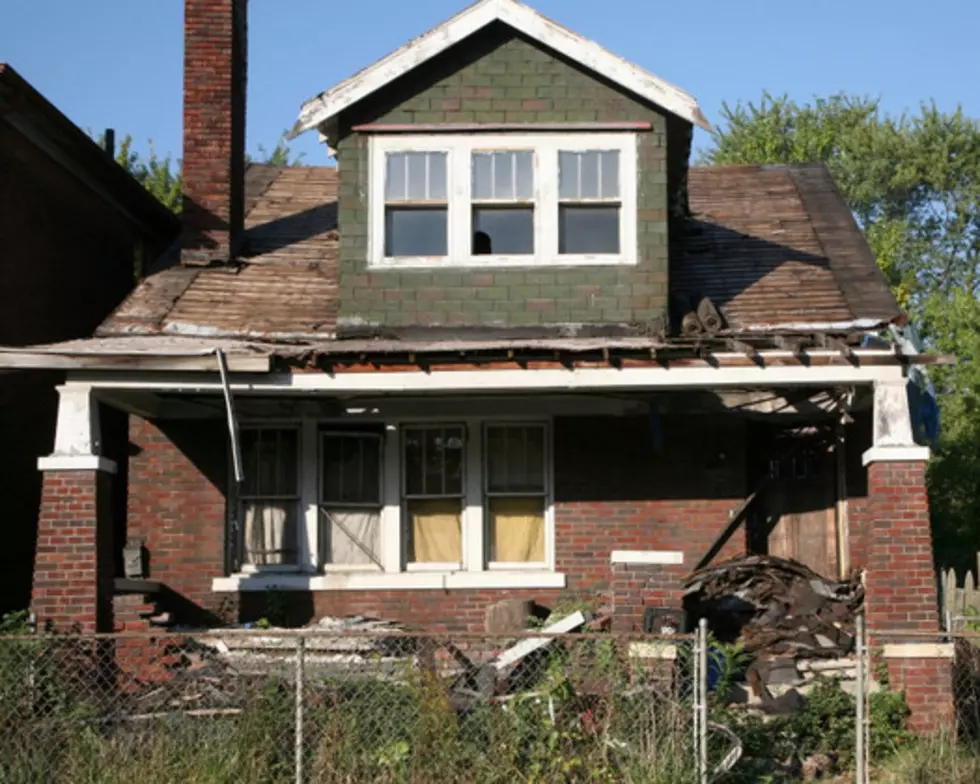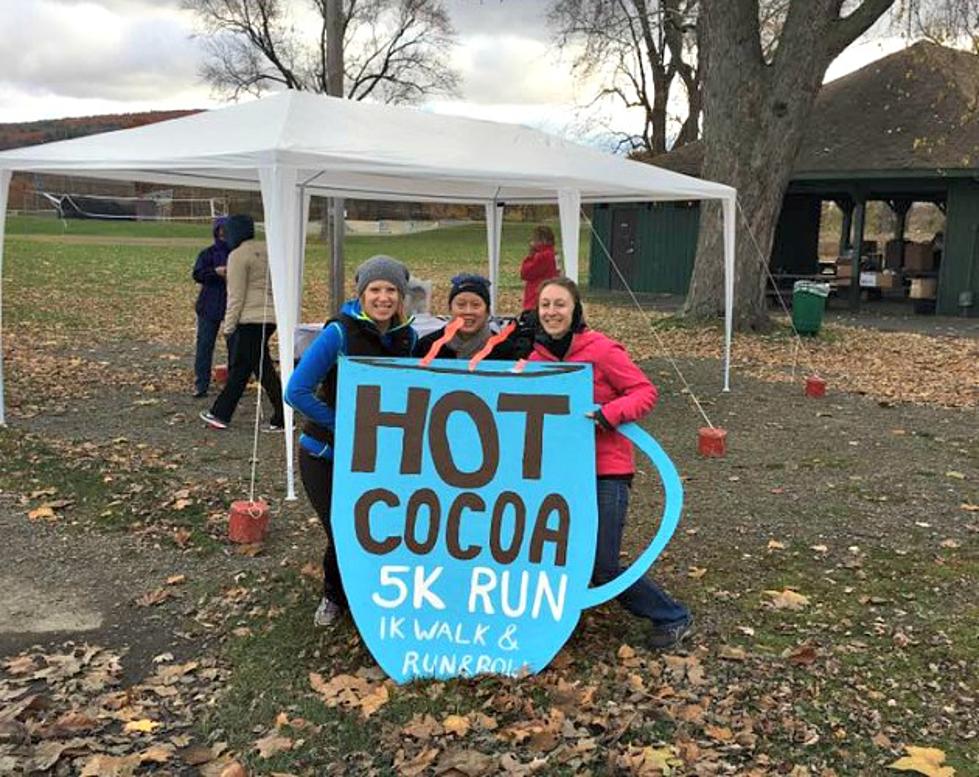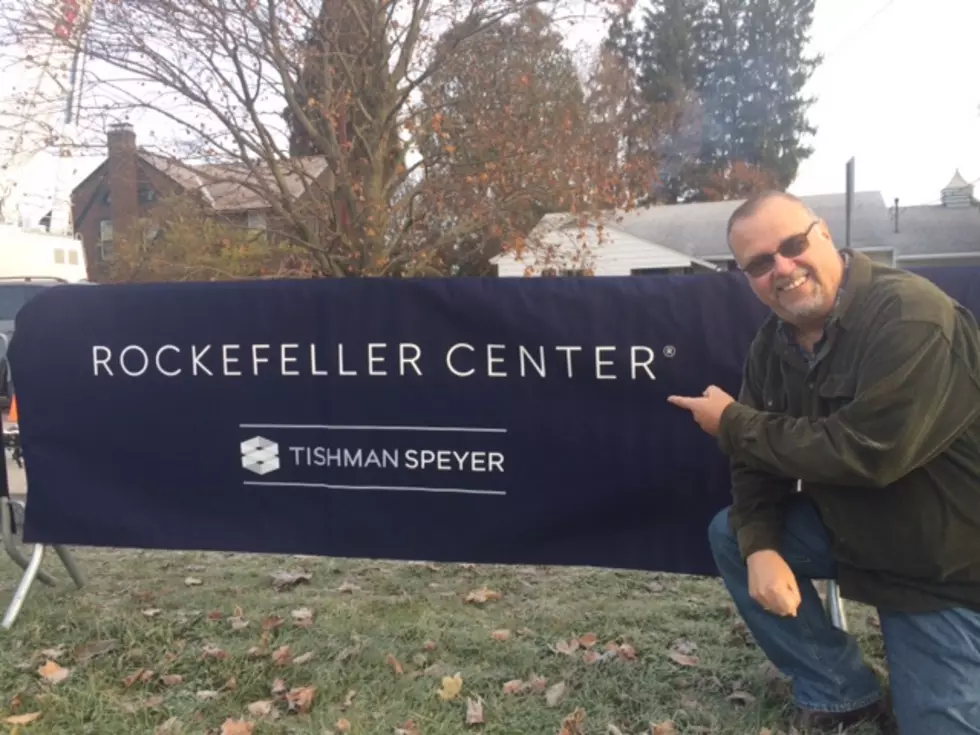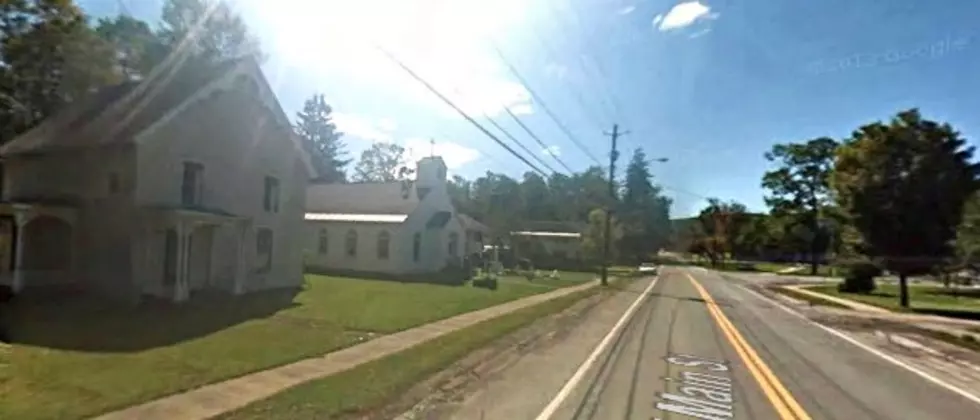
Seward Unveils Initiative To Help Dispose of Unused Medications
Tuesday, State Senator James L. Seward (R/C/I-Oneonta) joined officials from LEAF Council on Alcoholism and Addictions, Bassett Healthcare Network, and Mallinckrodt Pharmaceuticals to unveil a collaborative initiative to help dispose of unused prescription medication.
The partners announced that 10,000 Deterra™ drug deactivation pouches donated by Mallinckrodt will be available, free of charge, at several area locations. The pouch-based systems deactivate prescription drugs and render chemical compounds safe for landfills. The pouches are also biodegradable, providing an environmentally responsible way to deactivate and dispose of drugs.
The donation of 10,000 pouches was made to LEAF Council on Alcoholism and Addictions with Bassett Healthcare Network assisting in the distribution. The free drug deactivation pouches are now available at:
LEAF Council on Alcoholism and Addictions – 80 Water Street, Oneonta;
Oneonta FoxCare Center Pharmacy – 1 Foxcare Drive, Oneonta;
Bassett Medical Center Pharmacy – 1 Atwell Road, Cooperstown.
Deactivation pouches will also be available shortly at: Bassett Healthcare’s Herkimer Health Center – 321 East Albany Street, Herkimer.
Additional locations and distribution opportunities will be added in the future.
State Senator James L. Seward, a member of the Senate Task Force on Heroin and Opioid Addiction said, “I have worked to enact new state laws to combat the heroin and opioid epidemic which is destroying lives, families, and communities. There is no singular solution to this far-reaching crisis, and it is important that we attack this crisis from every conceivable direction. One concern brought to my attention by local community leaders is the prevalence of unused prescription medications that fall into the wrong hands. This collaborative initiative will make it safe and easy for people to dispose of opioids and also boosts awareness of this public safety concern.”
LEAF Council on Alcoholism and Addictions Executive Director Julie Dostal said, “We are pleased to accept this generous donation on behalf of our community and to work with Bassett Healthcare and the Otsego County Opiate Task Force to distribute them. Senator Seward has worked diligently to create positive change and bring together partners to help save lives. Giving people a convenient, safe way to dispose of opioid medications is prevention at its very best. When we have fewer unused medications in medicine cabinets, we have fewer opportunities for those medications to be misused. We are very hopeful that this initiative will serve to continue the community conversation on saving lives.”
Bassett Healthcare Network President and CEO Dr. Vance Brown acknowledged Senator Seward’s leadership at the state level and that of Julie Dostal and LEAF locally. He thanked them and Mallinckrodt for the invitation to participate in the public awareness effort relative to prescription drug abuse. “Bassett has seen the impact of the opioid epidemic in our primary care practices where we have experienced a rise in the frequency of patients in crisis with substance abuse disorders,” noted Brown. “We have a number of initiatives underway to help address this, including addiction medicine training for practitioners and new guidelines for prescribing pain medication. Our goal is to reduce exposure of patients to opiates and the volume of prescribed opiate medications present in our homes. But patients and their families are an important part of the equation; unused or expired prescription medications need to be properly disposed of – not provided to friends or relatives and not stored in a location where they are accessible to others.”
Mallinckrodt President and Chief Executive Officer Mark Trudeau said, “As a company focused on the health and well-being of our patients and communities, Mallinckrodt has long been a strong advocate of addressing the complex issues of opioid misuse and abuse that cause so much harm to families. We share the concerns of people across the nation, and believe that providing patients with a safe and responsible way to dispose of unused medications is critical in the fight against prescription drug abuse. Mallinckrodt is committed to working with policy makers, community leaders, law enforcement and industry partners to ensure the responsible use of pain medication and prevent unused medications from ending up in the wrong hands.”
Also taking part in the announcement was Rebekah Smith of Otego (Otsego County) who has been sober for six years and is now a college student majoring in Human Services at SUNY Broome. Rebekah explained that prescription medications amplified her drug use and were easily attainable through access to unguarded medicine cabinets of acquaintances. “It is heartening to see Senator Seward, community groups, and the pharmaceutical industry all coming together to address this social issue and work toward a positive solution. Group efforts like this will change the impact that opioid addiction has on society and will make a real difference. This also sends a message of encouragement to people considering sobriety that we believe they can get and stay well.”
A national survey of U.S. adults who used opioids showed that nearly 6 out of 10 had or expect to have leftover opioids, according to findings published online June 13, 2016, in theJAMA Internal Medicine journal. Nearly 68 percent of those who used prescription pain relievers non-medically in 2012-13 got them from friends or relatives, according to the 2013 Substance Abuse and Mental Health Services Administration (SAMHSA) National Survey on Drug Use and Health.
More From WDOS-WDLA-WCHN CNY News








